Human Trafficking is a huge global problem.
By United Nations definition, human trafficking is the recruitment, transportation, transfer, harboring, or receipt of persons by improper means (such as abduction, fraud, force or coercion) for the purpose of exploitation.
Exploitation includes sexual exploitation, forced labor or services, slavery or practices similar to slavery, servitude or the removal of organs.
Essentially, you are tricked, coerced or sold and then forced to work.
Horrific.
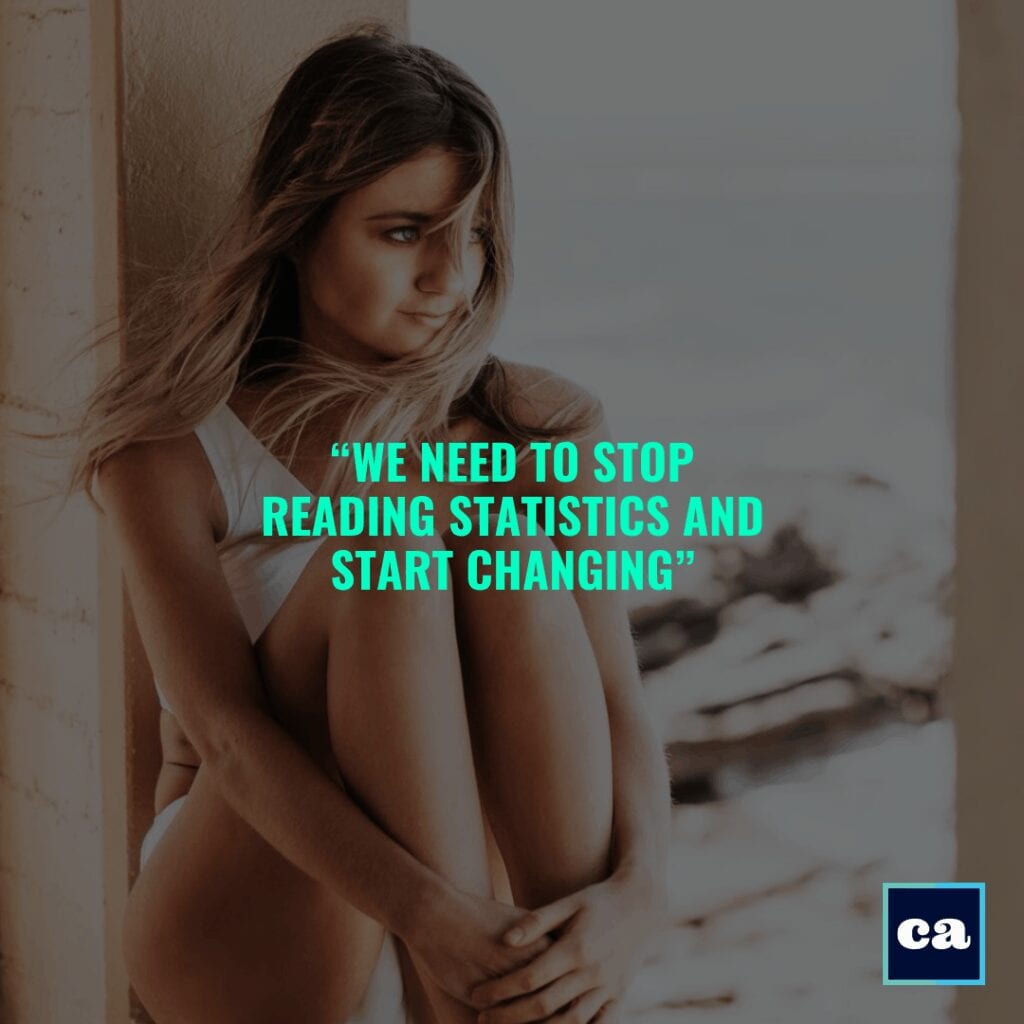
Unfortunately, human trafficking and forced labor is also a multi-billion dollar business and it effects all of us. Here are some quick facts about why we need to pay attention:
- US$150.2 billion is the estimated total illegal profits obtained from the use of forced labour worldwide.
- US$99 billion of that comes from the sex industry.
- Overwhelmingly, 71% of human trafficking victims are women and girls.
- Trafficking is in our everyday lives and in our supply chains. Think: fashion, food, tech & domestic work. It’s everywhere.
- Only 1-2% of people who are trafficked are ever rescued.
Although these facts can be hard-hitting, it is important to know that there are some amazing businesses doing their part to combat human trafficking, forced labor, and the victims of it.
Sweet Society Apparel is one of the best.
Sweet Society Apparel is a movement that will empower generations of women to make this world a sweeter place. As a social enterprise, Sweet Society uses fashion to empower women who have been enslaved within the human and sex trafficking industries in Australia and around the world, by providing them with work opportunity, skill development, security, income and independence.
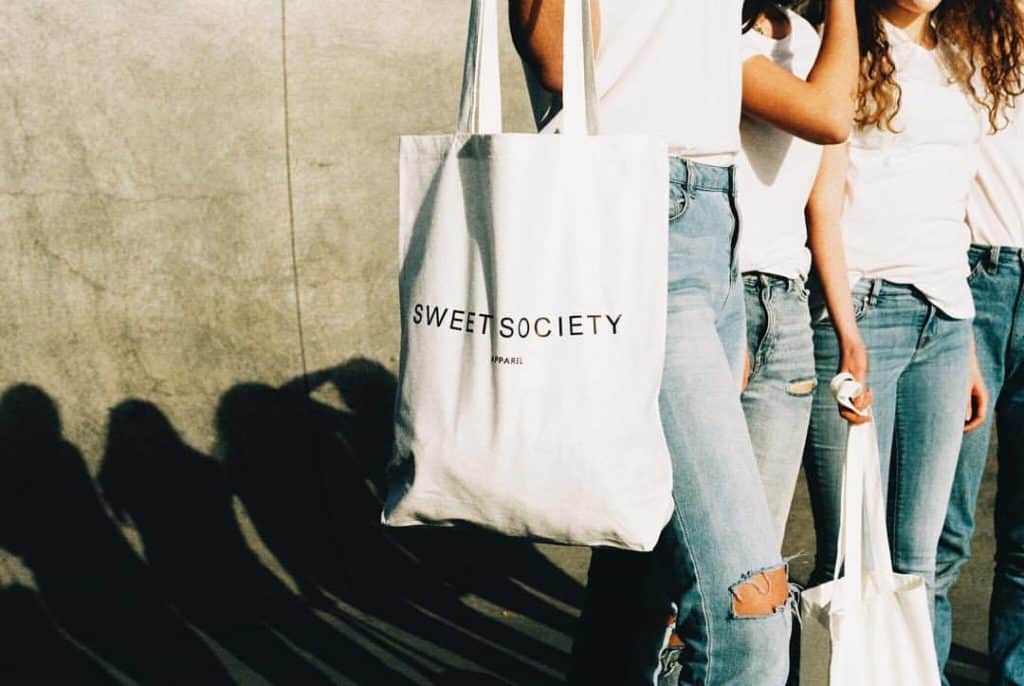
Their goal is to find the sweet spot in the Fashion Industry – rather than being used by it, they use fashion to fight the greatest battle humankind has come up against to date – slavery.
Right now, the Sweet Society works with a factory in Cambodia called ByTavi. 19 women, all of whom have been rescued from the sex trade, are educated in sewing and pattern making and employed under fair-trade conditions.
Skill development and work experience provides these women with meaningful employment, increases their income and creates opportunity. They become more self sustainable, independent and secure.
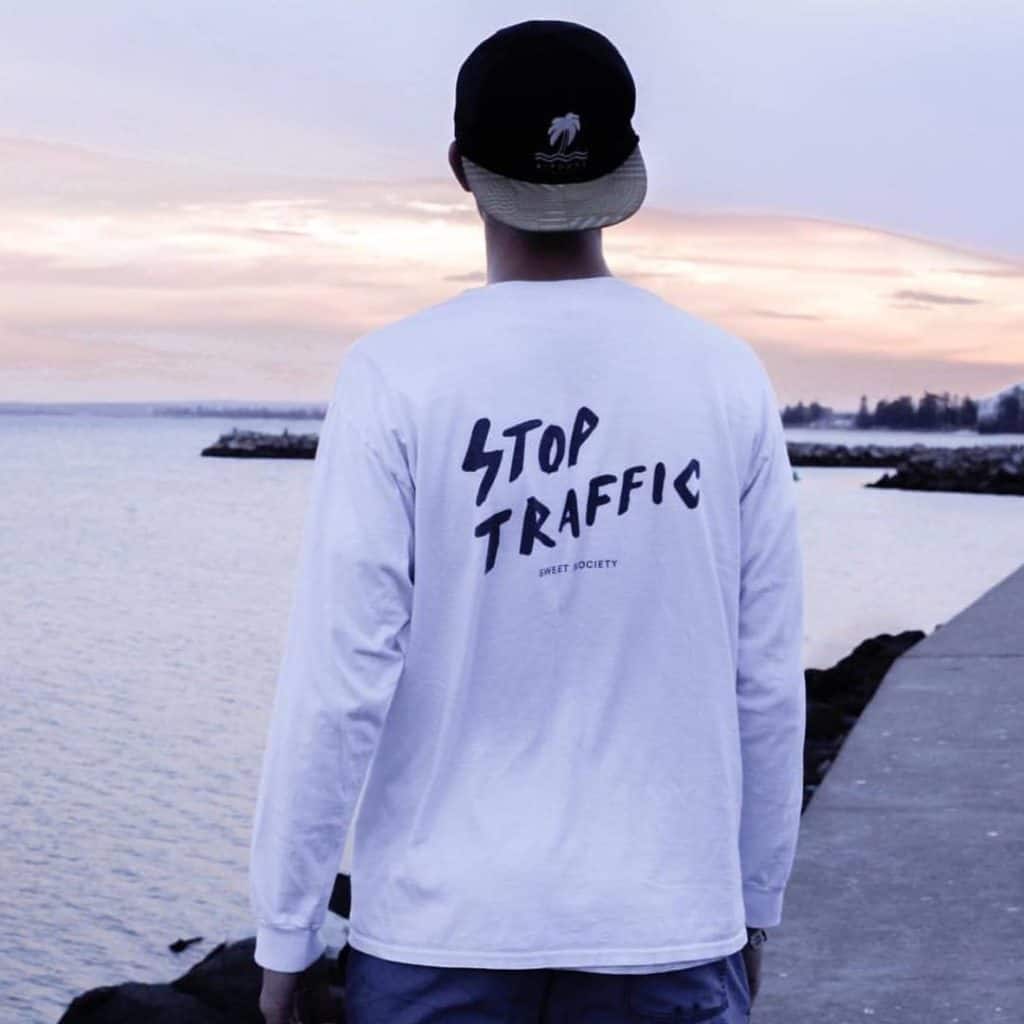
However, and perhaps most importantly, work, income and safety gives people dignity. Women who have had to endure the most vile industry in the world are given a second chance to be in control of their own lives. As part of their mission, Sweet Society walks alongside the girls to encourage and help them to discover their innate beauty and worth, and help them dream again.
Knowing that, let’s take a look at how Sweet Society accomplishes this.
First on the list is their ethical, eco-friendly activewear brand, Society Active, which uses lycra that is made from recycled plastic bottles and fishing nets. (Yes, these ladies are environmentally ethical as well!)
Then there is their reusable coffee cups and water bottles that are made to ensure that we, as consumers, stop filling the earth with plastic.
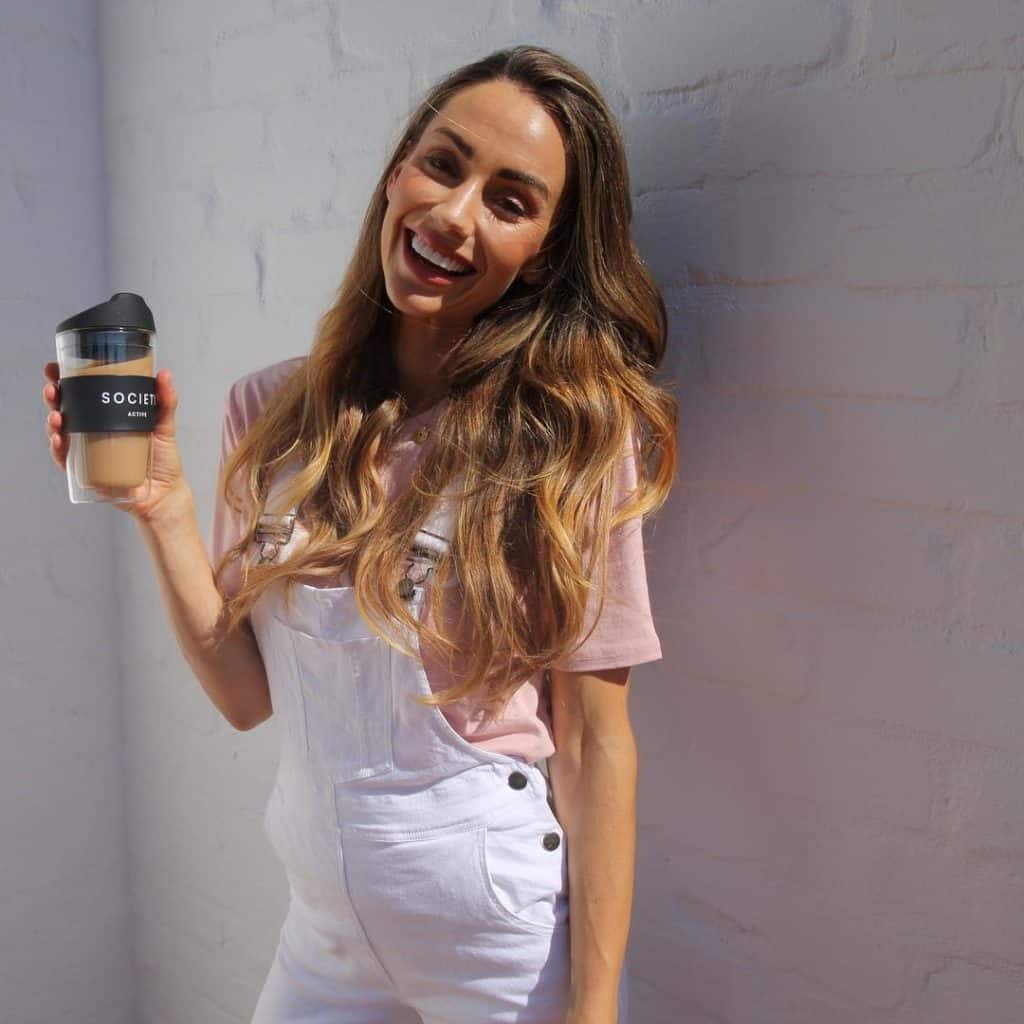
All profits from these sales go straight to the factory in Cambodia – so, on top of empowering women and fighting against human trafficking, this amazing brand incorporates waste reduction and environmental sustainability. Killing it!
I was fortunate to meet Sweet Society’s Founder, Emily Wade, in Cambodia recently. We were able to discuss all things Sweet Society, the importance of grassroots work for empowering women and her goals for the future. Em’s commitment to creating change has come from extensive lived experience of human trafficking from a young age, and her passion is contagious.
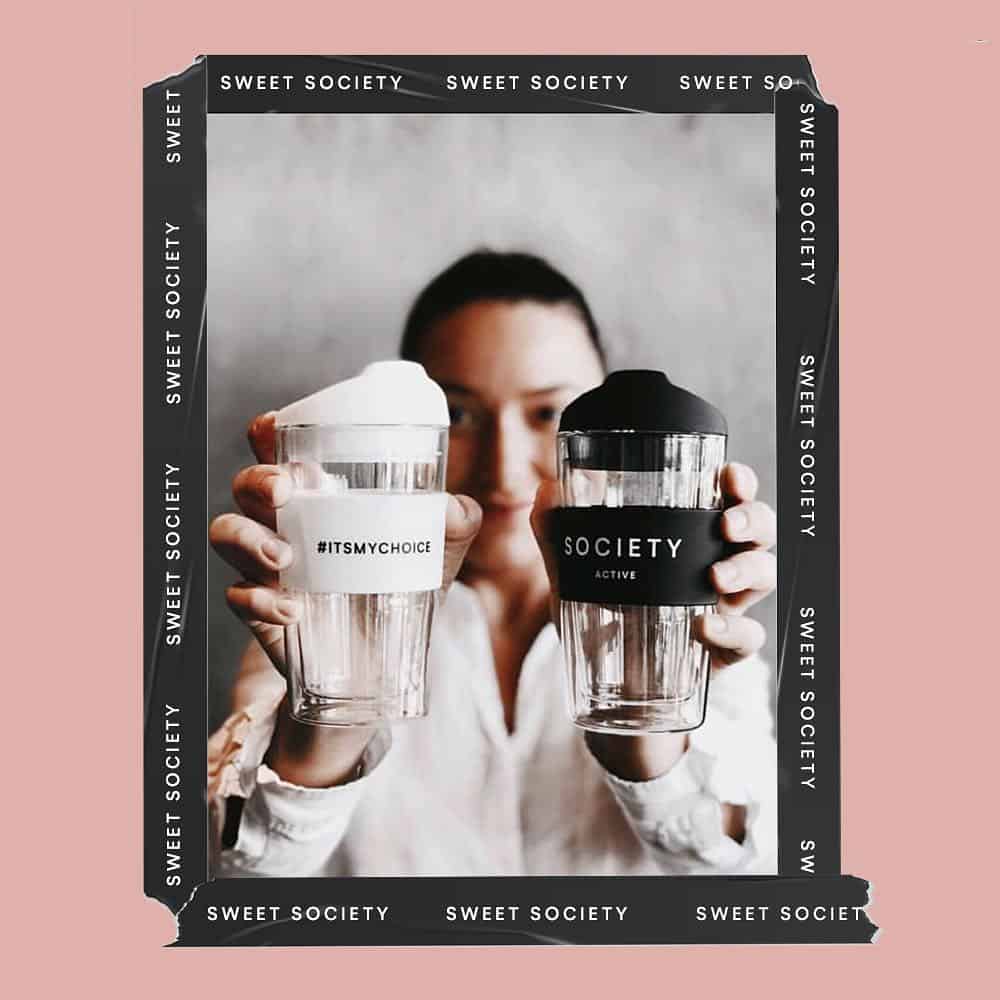
“I’m not interested in Sweet Society being a one man show. I want it to be a collaboration of people who have big vision, people that are bold, and brave enough to take a stand against injustice, and above all, people that have a heart to love”.
When the fashion industry is at risk of $127 billion worth of clothing being produced with slavery in its supply chain, it’s up to consumers to make ethical choices to create change. Always think before you buy. Support local businesses and avoid companies that have questionable or non-transparent supply chains. Get to know what amazing businesses there are out there, like Sweet Society, and get to their sites to support them today.









